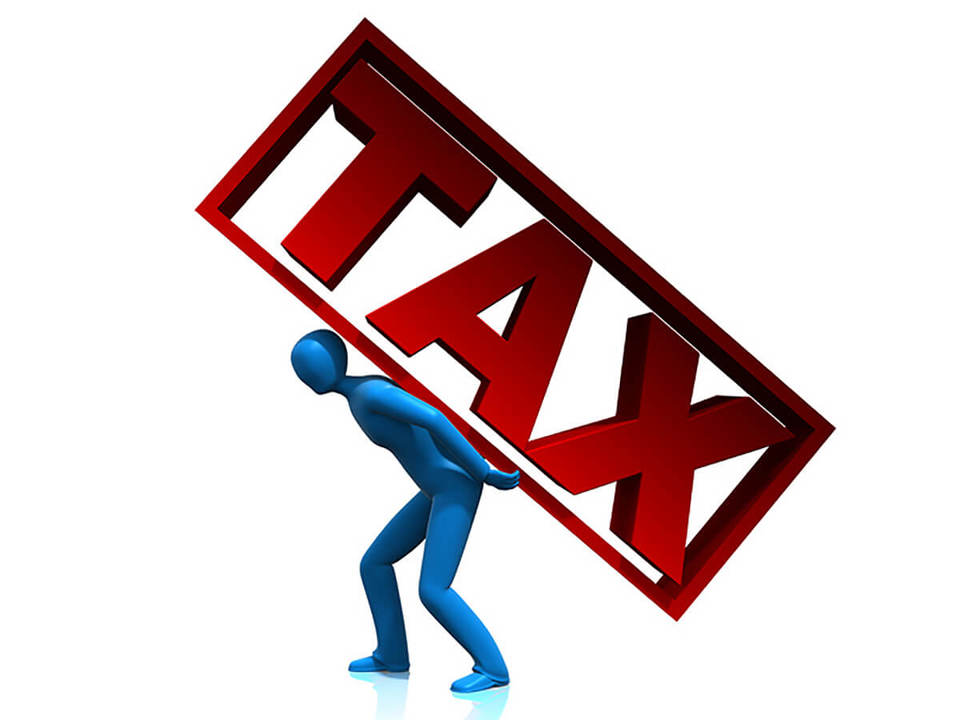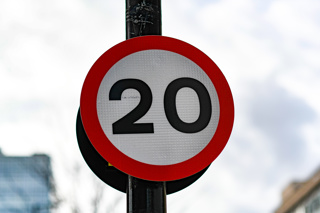The judge at the centre of a cash allowance case has been accused of misinterpreting the law and potentially denying hundreds of fleets a cash windfall.
Grant Thornton was advising Total People – now Cheshire Employer and Skills Development – on what it believed was an overpayment of National Insurance.
But after Total People won the original case, HM Revenue and Customs (HMRC) appealed. The first tier tribunal decision that business motoring allowances paid to staff were exempt from National Insurance Contributions (NIC) has now been overturned.
Grant Summers, tax partner at Grant Thornton, said: “The upper tier judge has failed to address the correct part of the NIC regulations. We believe the decision was based on tax legislation which is not relevant to, and was not part of, the employer’s claim for a refund.
“We have recommended that the employer requests permission to appeal to the Court of Appeal."
The upper tribunal decided that for payments to be exempt from NIC they had to be more closely related to business miles driven.
Judge Colin Bishopp said the first tier tribunal reached its decision after asking itself the wrong question, or an inadequate question, and the answer given was based on an error of law.
Total People had paid a minority of employees a mileage allowance of 40ppm, but the majority – 160 employees who travelled at least 2,500 miles per annum – received a reduced mileage allowance of between 12p and 13ppm, topped up by an additional annual lump sum payment of between £3,600 and £3,700.
Total People paid NIC on the allowance and had not taken account of the 28/27ppm remaining from the 40ppm NIC free limit.
HMRC claimed that the lump sum was simply a payment of cash earnings for NIC purposes and, as such, NI was due.
However, Total People said the lump sum was part reimbursement of the motoring costs incurred in using the car for business and should be treated as relevant motoring expenditure and therefore not subject to NIC. As such, it claimed it had overpaid £146,165 in NI for the four years ending April 5, 2003, to 2006.
The first tier tribunal ruled in favour of Total People.
However, following HMRC’s appeal, the upper tribunal judge ruled that the payments were not of relevant motoring expenditure because they were not paid by reference to, or with regard to, the use by the employees of their cars on employer’s business.
“The previous hearing found that the relief could be offset,” explained Alastair Kendrick, tax director at MacIntyre Hudson. “On appeal, though, there seems to have been a robust technical analysis of the position and under the NIC rules it is clear that such relief can only be given for a ‘relevant motoring expense’ in the particular earnings period.”
Nick Bustin, senior manager tax investigations and employer solutions at Mazars, said three points stood out from the upper tribunal ruling.
“Payments were made to defray the costs of the employee purchasing a car, rather than use of the car; the payments did not have any bearing on the use of the car; and senior staff received larger payments, even though more junior staff may drive more miles,” said Bustin.
Russell Powis, chairman of Innovation, added: “Whatever the outcome of any subsequent appeal, it is still possible for companies and taxpayers to restructure today the manner in which the car allowance is paid such that from tomorrow you can start to reap the NIC savings which were at the centre of this case.”

























PremierBlue - 05/09/2011 12:52
The framework enabling employers to pay tax and NIC-free mileage payments for business miles is AMAPs. These should only be paid against actual business miles (that can be validated and/or audited) and then must relate to the relevant earnings period for NIC purposes. If any of Total People's employees were paid less than the AMAPs rate, or drove more business miles than they had been paid (which is the suggestion here) then those employees are entitled to claim MAR on the difference and I'll bet some of them have! I suspect though that there are no validated business mileage records for many of these drivers so the chances of success here are somewhere between fat and slim.. :)